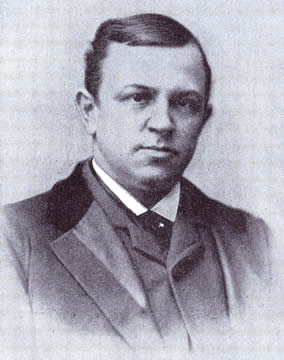

The Pack contains associated resources for the learning experience, typically in the form of articles and videos. There is a teacher Pack (with only teacher information) and a student Pack (which contains only student information). As a teacher, you can toggle between both to see everything.
Here are the teacher pack items for The “New South”:


Overview In this experience, students learn about the ideals introduced during the “New South” era. They identify improvements in industry, manufacturing, and production in the post-reconstruction South. Then they research and prepare a report about the effects of the “New South” era on a specific southern state. Objective:

Objective:
What do you think Grady meant in this quote?

